
Coal-fired Power Plant (CFPP) Retirement Policy is Important to Accelerate Decarbonization of Energy System in Indonesia
Jakarta, 22 September 2021 – As one of the extensive contributors of carbon emissions in Indonesia at 32% over 20 years, decarbonization of the energy sec... Read more.

Examining The Option of Low Carbon Technology
Jakarta, 21 September 2021– Accelerating deep decarbonization in the energy sector is needed to achieve carbon neutrality by 2060 or sooner as the Indones... Read more.

Joining the Renewable Energy Era Needs Supporting Policy Packages
Jakarta, 21 September 2021– Achieving Indonesia’s carbon-neutral target in Indonesia by 2060 or sooner as the Indonesian government has targeted, requir... Read more.

Luhut: President Jokowi orders to promptly implement the energy transition
Jakarta, 20 September 2021 – Indonesia needs to take several steps to accelerate the transition and development of renewable energy by 2050 by aligning re... Read more.

Deep Decarbonization of Indonesia’s Energy System in 2050 Needs Social Political Support
Jakarta, 20 September 2021– Indonesia’s commitment, incompatible with the Paris Agreement by not increasing the mitigation target in the updated Nat... Read more.
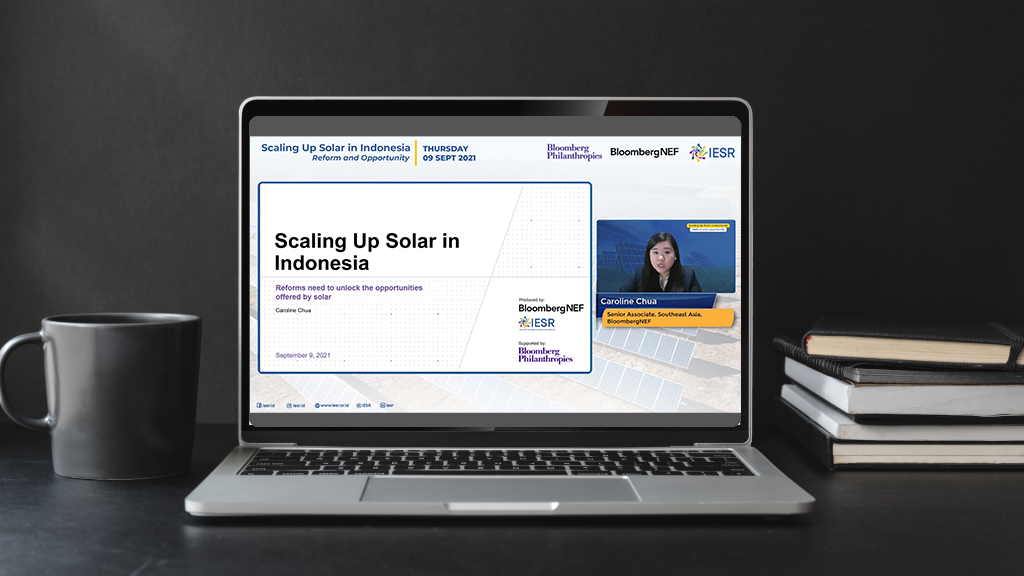
Seizing and Keeping the Momentum of Solar Energy Rise
Jakarta, 9 September, 2021-In the past year, there was a dynamic change in the energy sector. The approaching deadline of the Paris Agreement and the latest IPC... Read more.
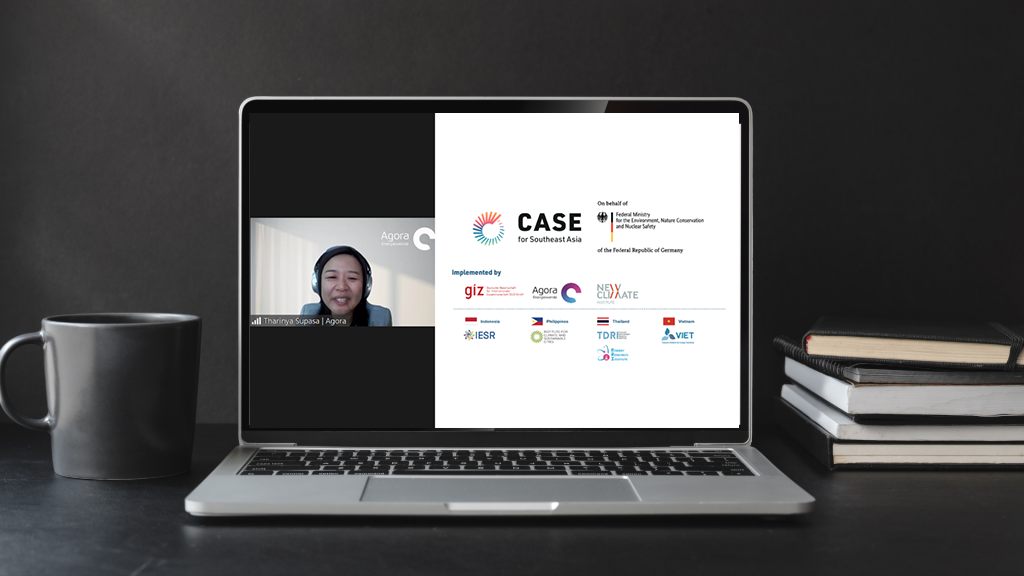
The Role of Media in Indonesia’s Energy Transition Journey
In the course of economic recovery after the Covid 19 pandemic, Indonesia is currently at a crossroads to choose the path of green economic recovery, or the pat... Read more.
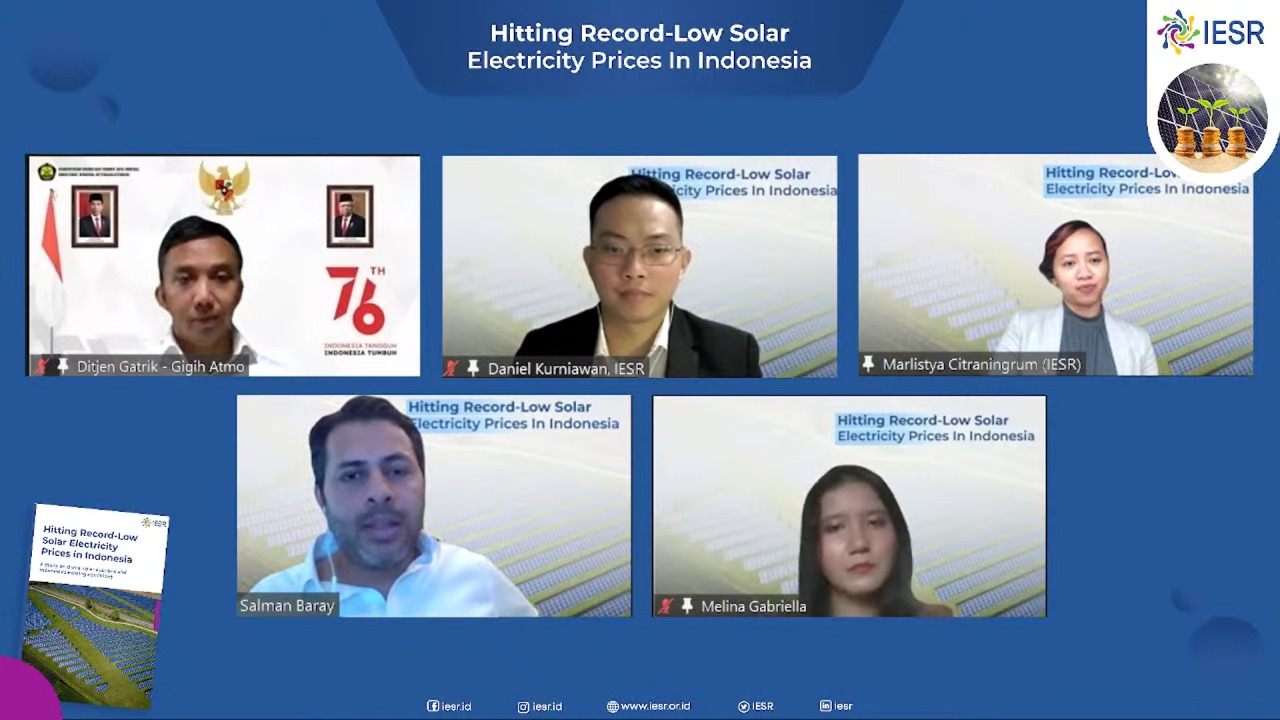
Comprehensive Planning Required for Utility-Scale Solar Energy Development
Given the potential for solar energy that reaches 20.000 GW, the utilization of solar energy on a utility scale is still very small in Indonesia. It is recorded... Read more.
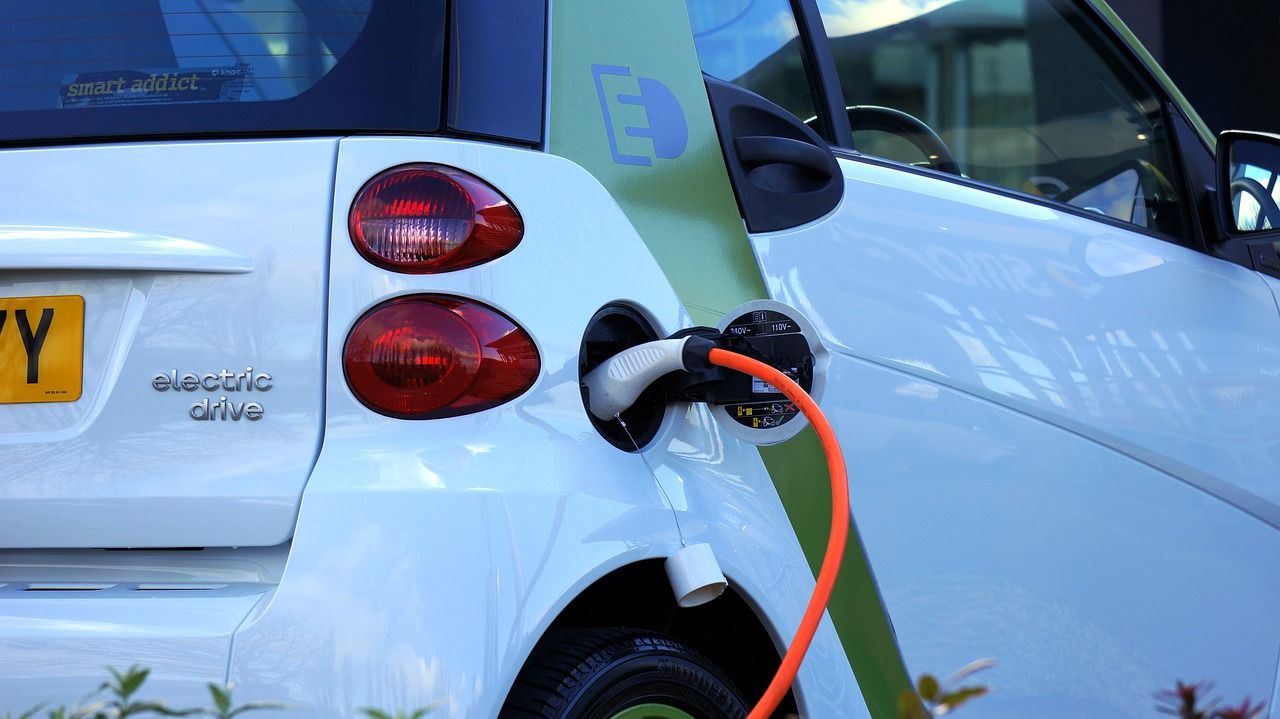
A Pile of Government Homework to Develop Indonesia’s Electric Vehicle Market
Jakarta, August 5, 2021, The electric vehicle market in Indonesia is still not well managed, even though there is good progress from an industrial point of view... Read more.
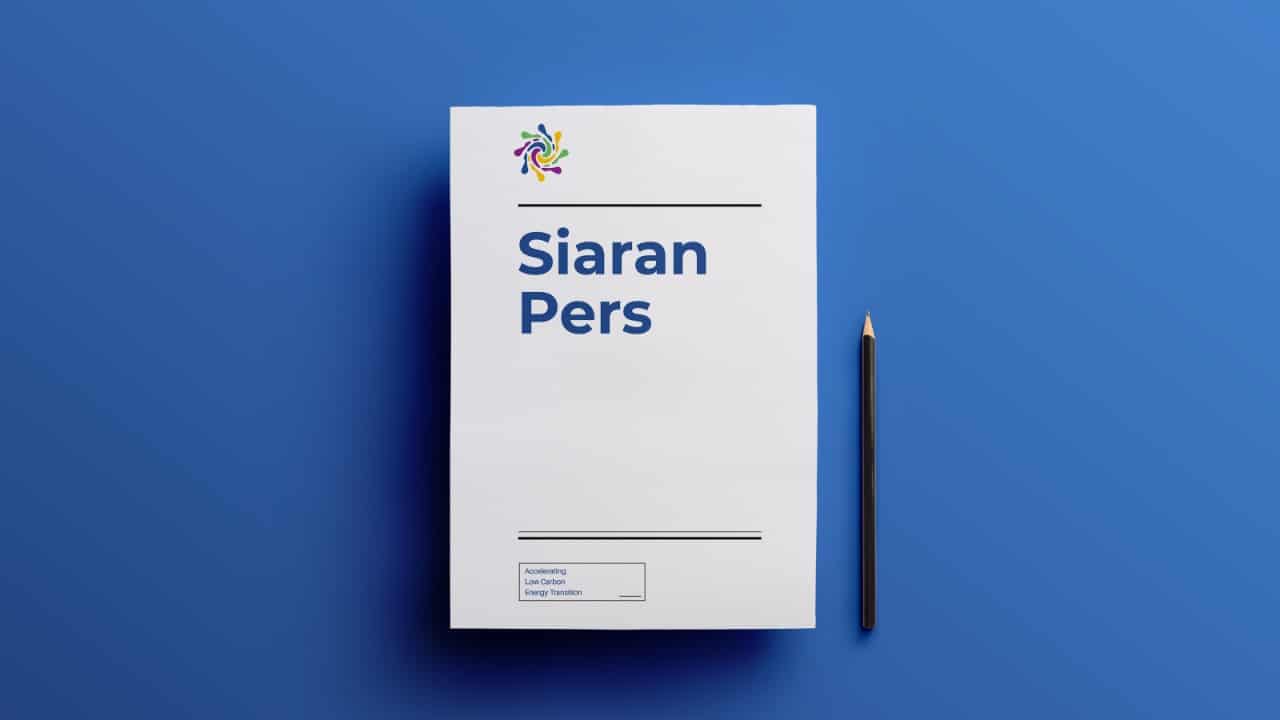
Massive Utilization of Rooftop Solar Will be Beneficial to the Government and PLN
Jakarta, 28 July 2021- Revision of Ministerial Regulation Number 49 of 2018 concerning the Use of Rooftop Solar Power Generation Systems by Consumers of PT Peru... Read more.
